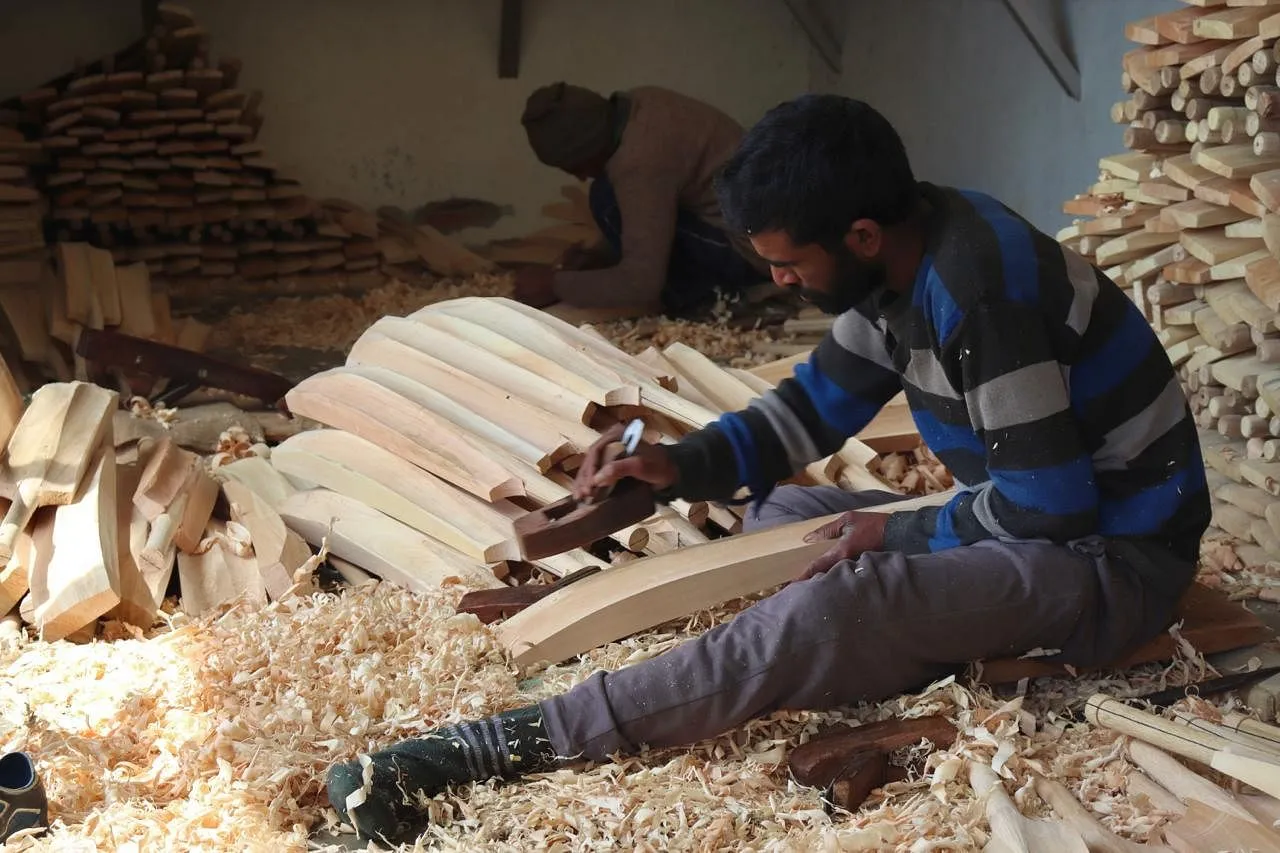Anantnag: The cricket bat industry in Kashmir has incurred a loss of more than Rs 1000 crore during the past three years, the traders said.
The sports activities remained suspended after the abrogation of special status of JK in 2019 and later two back-to-back lockdowns in the wake of Covid-19 brought the sales down.
President Kashmir Cricket Bat Manufacturers Association Nazir Ahmad Salroo said the industry has suffered huge losses and the unit holders are battling for survival.
“The situation has gone bad to worse for the bat manufacturers. The demand has fallen considerably. Unsold bats worth crores of rupees are lying in our warehouses. The losses will surely be more than Rs 1000 crore,” he said.
He said majority of the manufactures have turned defaulters. “The passionate and educated youth who had invested to set up units in recent years are in distress as they have to clear the debts now,” Salroo said.
The manufacturers are now worried about the wear and tear of the raw material and finished bats in their godowns.
“This year we were expecting that we would get a bit of breather but the second Covid wave dashed all of our hopes. The industry is literally on crutches,” Salroo said.
The manufacturers have demanded tax relief and waiving of interest on loan so that they could revive their business.
“The 12 percent GST has also hit the industry hard,” said Muhammad Ashraf who runs Shaheen Sports, a cricket bat manufacturing unit at HalmulaAnantnag along the Srinagar-Jammu highway.
According to industries and commerce department there are 400 cricket bat manufacturing units functional in the south Kashmir region. 220 units are operational in Bijbehara, Sangam, Halmulah villages of Anantnag district and 180 in Pujteng, SetharCharsoo, Jawbara villages of Awantipora in Pulwama district
As many as 35 lakh cricket bats are exported from Kashmir to other states annually and the industry provides livelihood to thousands of people in Kashmir.
Low demand and the dearth of raw material are making things difficult for the bat manufacturers. The sector is grappling with challenges in the absence of a modern seasoning cluster plant.
In the absence of this facilities most of the bat manufacturers have to rely on open air drying of willow clefts, which is slow and not upto to the world standards.
The Kashmiri willow has high levels of moisture as compared to the English willow thus the bats made out of this willow are comparatively heavy.






